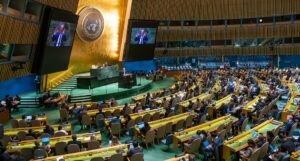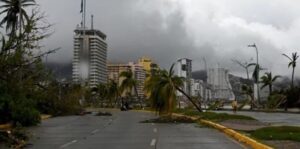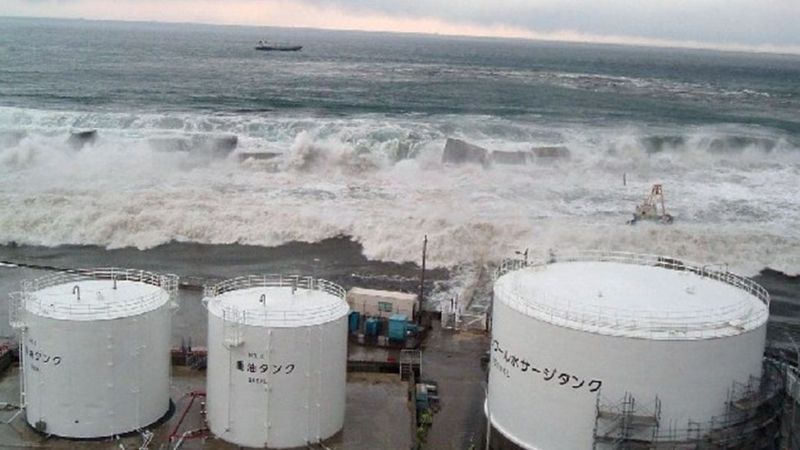
UN agency approves plan to dispose of Fukushima waste
Despite China’s objections, the International Atomic Energy Agency (IAEA) has given the green light to Japan’s plans to release wastewater from the Fukushima nuclear power plant in the Pacific Ocean. More than ten years have passed since the plant was severely damaged by a tsunami.
Report confirms negligible impact on people and environment
According to a report issued Tuesday by the U.N. nuclear watchdog, dumping the water will have a “negligible impact on people and the environment,” despite concerns expressed by China and South Korea. Each day, the Fukushima plant produces around 100 cubic meters of wastewater and is facing a shortage of storage space. The tanks at the site have a capacity of 1.3 million cubic meters.
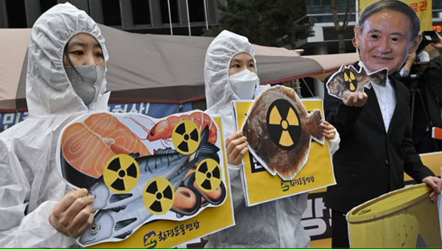
Response by IAEA Director General
On Tuesday, IAEA Director General Rafael Grossi said the safety report “makes clear the scientific validity of the release of treated water to the international community.” He said the report “answers technical questions related to security” raised by neighboring countries.
Fukushima wastewater treatment
Wastewater has been treated to remove most radioactive elements, except for radioactive hydrogen and carbon isotopes, known as tritium and carbon-14, which are difficult to separate from water. Tokyo has ensured that tritium and carbon-14 levels in wastewater meet international safety standards.
Water use and duration of waste release
The water, which can fill 500 Olympic-size swimming pools, is used to cool fuel rods that melted during the 2011 disaster. It is estimated that the complete discharge of the waste will take between 30 and 40 years.
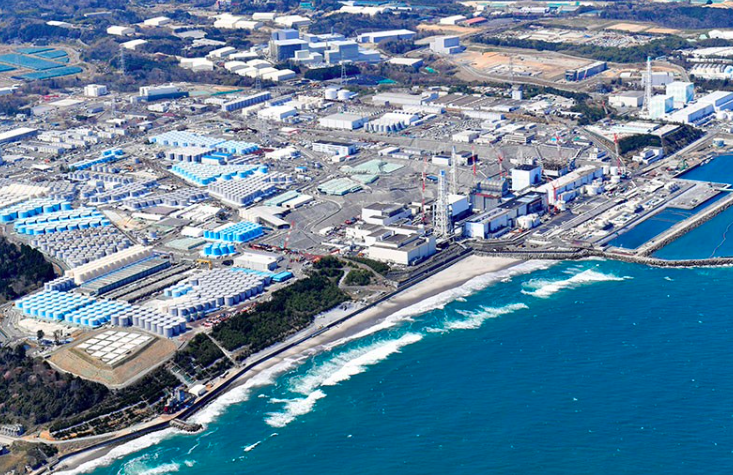
Comparison with other wastewater releases from nuclear power plants
Compared to the releases proposed by Fukushima, nuclear plants typically dispose of wastewater with more concentrated levels of radioactive isotopes. During his speech on Tuesday, Japanese Prime Minister Fumio Kishida stressed that the report presented “scientific evidence with a high level of transparency.”
International reactions and concerns about wastewater
Beijing called the Japanese proposal “extremely irresponsible” and reiterated its stance that the plan should be suspended. Japan’s fishing industry also opposes the plan, arguing it will ruin a decade of efforts to convince the population that the region’s seafood is safe for consumption.
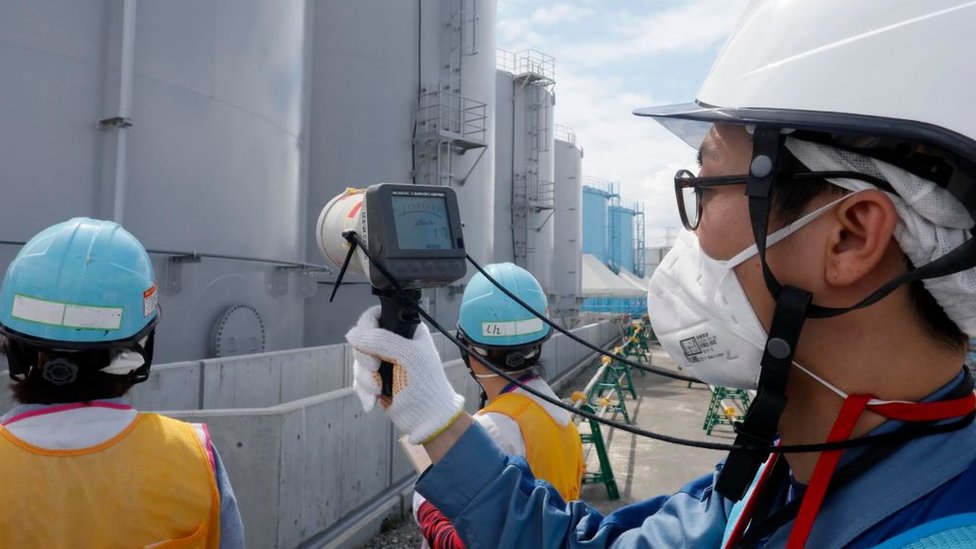
Associated risks and pending approval
A 2014 study indicates that ingesting tritium may increase the risk of cancer in people. Kishida’s government has yet to announce a timeline for the release of the waste, which still requires approval from a nuclear regulator.
Background to the Fukushima disaster
In March 2011, a magnitude 9.0 underwater earthquake in the Pacific Ocean triggered a tsunami that flooded three reactors at the Fukushima plant, causing a triple nuclear meltdown. It was the worst nuclear accident since the Chernobyl disaster in 1986.
For more similar articles, click here.




